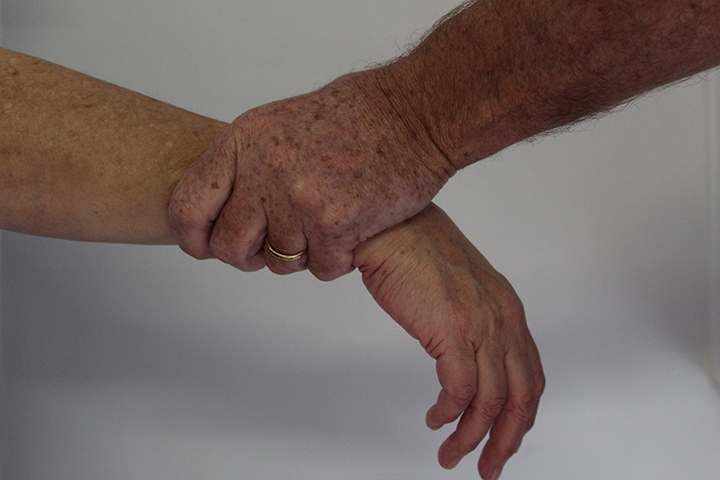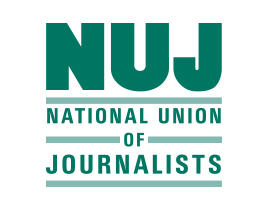
[dropcap]Sexual[/dropcap] offences are up by 10.2 per cent, according to the Crime Statistics released by the Central Statistics Office (CSO).
The Minister for Justice and Equality, Charlie Flanagan noted that rise in these statistics are concerning and he strongly welcomes the reporting of these crimes.
“The rise in the recorded incidents of sexual assault, and particularly rape, is concerning. I strongly welcome the reporting of sexual assaults which are generally under-reported and urge victims to come forward. An Garda Síochána are fully committed to tackling this insidious form of violence and abuse,” said Flanagan in a press release.
These figures coincide with the Minister for Higher Education, Mary Mitchell O’Connor, stating that all universities should partake in sexual consent classes.
Mitchell O’Connor spoke to a group of representatives, stating that she was “appalled” by the increase of sexual offences in Ireland, especially in universities.
“While we have some good practice in some colleges, it is important that all institutions integrate a proactive approach in their college policies,” Mitchell O’Connor said.
NUI Galway recently published a study in which it was said that around 70 per cent of women and 40 per cent of men have reported experiencing some form of unwanted advances during their third level education.
“In general, an increase in recorded incidents of sexual assault can indicate an increase in the reporting of sexual crimes and the Minister would continue to encourage anyone who has been a victim of sexual assault to come forward and report the incident to An Garda Síochána,” said Cathal Redmond, the executive officer for the Department of Justice and Equality press office.
DCU have recently held a number of sexual consent workshops since the beginning of the semester and throughout last year, run by the Students’ Union.
“These workshops are so important and help us to encourage students to have open, healthy discussions and dialogue around sexual consent. We should be working on a national level to develop a framework to educate all students on this topic equally to ensure the decrease of sexual offences not just on campus but everywhere,” said DCUSU vice president for welfare and equality, Aisling Fagan.
“We are also working on ESHTE (Ending Sexual Harassment & Violence in Third Level Education) alongside many other HEI’s and the National Women’s Council of Ireland, which aims to prevent and combat sexual violence and harassment (SVH) and build a culture of zero tolerance in 3rd level education throughout Europe.”
By Ellen Fitzpatrick
Image credit: Craig Shaaban



